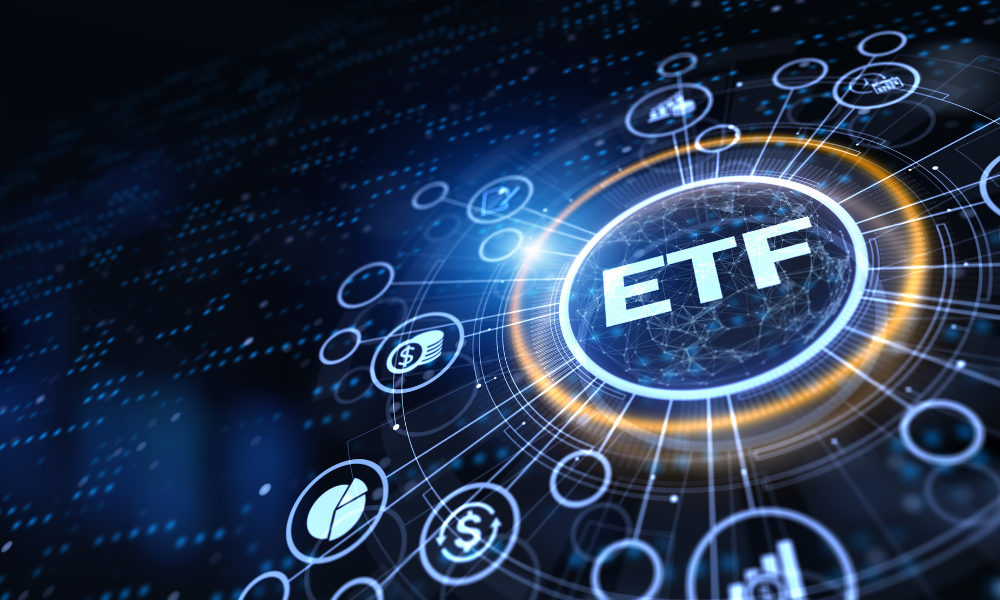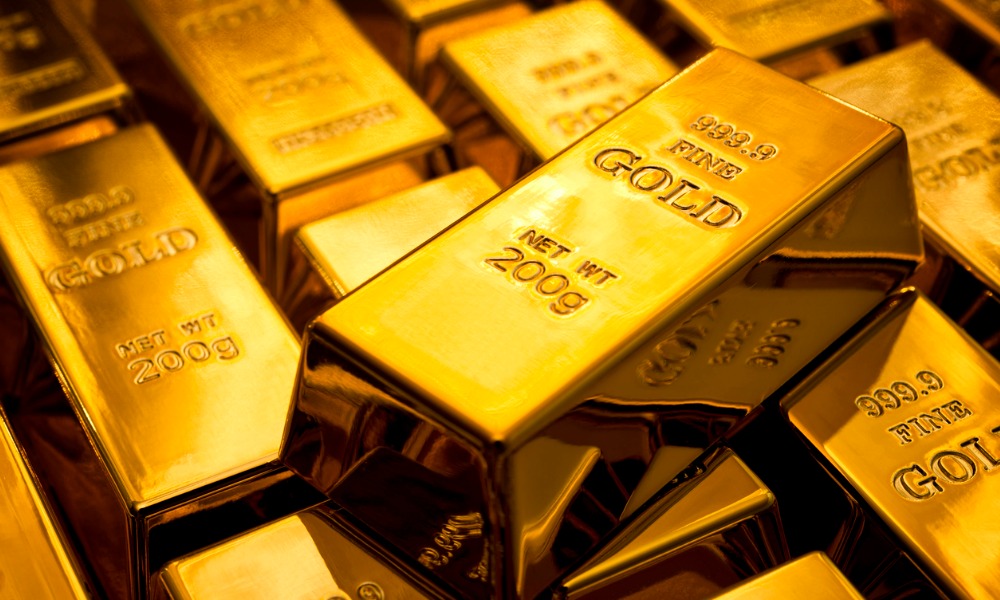Horizons' EVP of ETF Strategy explains why it's the core commodity powering the global, modern economy

Within the collaborative brainstorming rooms at Horizons ETFs, there is a mantra: No idea is too crazy. Horizons knows success often comes down to being an early adopter of ideas that many may be skeptical of – so the team’s job is to look at demographic and investment trends and analyse early-stage ideas, even if they may seem provocative at the time, says Mark Noble, Horizons’ EVP of ETF strategy.
Take marijuana – Horizons launched the word’s first cannabis ETF back in 2017, when the drug wasn’t even legal yet in Canada. In the years since, marijuana has gained increasing social and government acceptance. This year, one of Horizons’ standout new offerings is its Global Semiconductor Index ETF (CHPS), a theme Noble was shocked to find wasn’t already in the Canadian marketplace. It’s investment common sense, he explains, to look at what powers the likes of cloud computing, electric vehicles and blockchain.
“If you think of the 20th century, when industrialization was powered by oil and gas, that was, therefore, the key commodity,” Noble says. “The 21st century is being powered by data – and to use data, you need semiconductors. Semiconductors are the new commodity in terms of powering the global economy; they're at the core of everything.”
As entire economies and supply chains are being reoriented around this technology, similar names – like Nvidia, AMD and Intel – are cropping up in thematic ETFs in sectors likes smart automobiles, robotics or AI. Another core commodity of the modern age is lithium, which is needed for the batteries in electric cars.
“It doesn't matter if Tesla or GM or Google Waymo wins the electric car battle,” Noble says. “Eventually they're all going to have the same components in their vehicle manufacturing, which means you can capture a lot of the upside of these trends by investing in the key components that go into these various forms of exciting new technologies.”
It's a critical point for advisors as they look to give their clients exposure to areas of potentially huge growth. Noble uses the example of the Palm Pilot and the Blackberry, which were both market leaders at one point in time. Neither are relevant anymore, as they failed to keep up with change and were swiftly overtaken. The message: Don’t invest in the names grabbing the headlines; instead, look at what’s powering these brands because whoever wins the race will need the same components.
That’s why Horizons’ key launches in 2021 have been focused on semiconductors, lithium, uranium and hydrogen. “These are all fuels and tech components of the future that are going to have a broader impact in how people use technology and build new economies in the next couple of decades,” Noble says.
The difficulty in constructing these products often lies in building an index. Horizons has started using AI screens with its index provider to go through balance sheets to see how much of a company’s business is actually directed to these themes. Noble believes that’s one of the only ways you can screen early-stage sectors that aren’t yet fully established.
“Tomorrow’s sectors are today's themes, but creating themes takes a lot more work on the product development side to do the due diligence and know that the companies you own in your ETF are in a leadership position,” he says. “For that reason, you'll notice that the fees on a lot of these thematic ETFs are a bit higher, which reflects that research into these areas is a lot more comprehensive than it would be with a traditional index or sector strategy.”
In echoes of the marijuana industry in 2016, Canadian capital markets are showing leadership in psychedelics, prompting Horizons to notch another world first in 2021 – the Horizons Psychedelic Stock Index ETF (PSYK). For those suffering from severe clinical depression, studies suggest that psilocybin can have real benefits on mental health. The sector is gaining traction as a therapeutic alternative to antidepressants, and the market is potentially huge. However, it remains at a very early stage and differs from marijuana in that it’s not a consumer market, but dependent on companies getting FDA approval.
“But what we've seen with our ETF, which has been pretty successful to date, is that people are very excited still about the drug approval process and for some of these companies to use psychedelics for therapeutic use,” Noble says.
As more and more innovative thematic ideas come into the marketplace, Noble warns advisors that it’s vital to look at whether fund providers are bringing something new to the table or just rehashing an existing index or sector exposure.
“Why would I pay 30 or 40 basis points for something that has an exciting technology name but really is just Nasdaq 100 exposure?” he says. “When you're looking to get into newer ETFs or thematic ETF ideas, it's really important for the investor to ask, ‘Are these companies or sectors I don't have exposure to?’ If that's the case and you believe in the theme, there’s probably somewhere you can fit it in to your portfolio allocation.”



